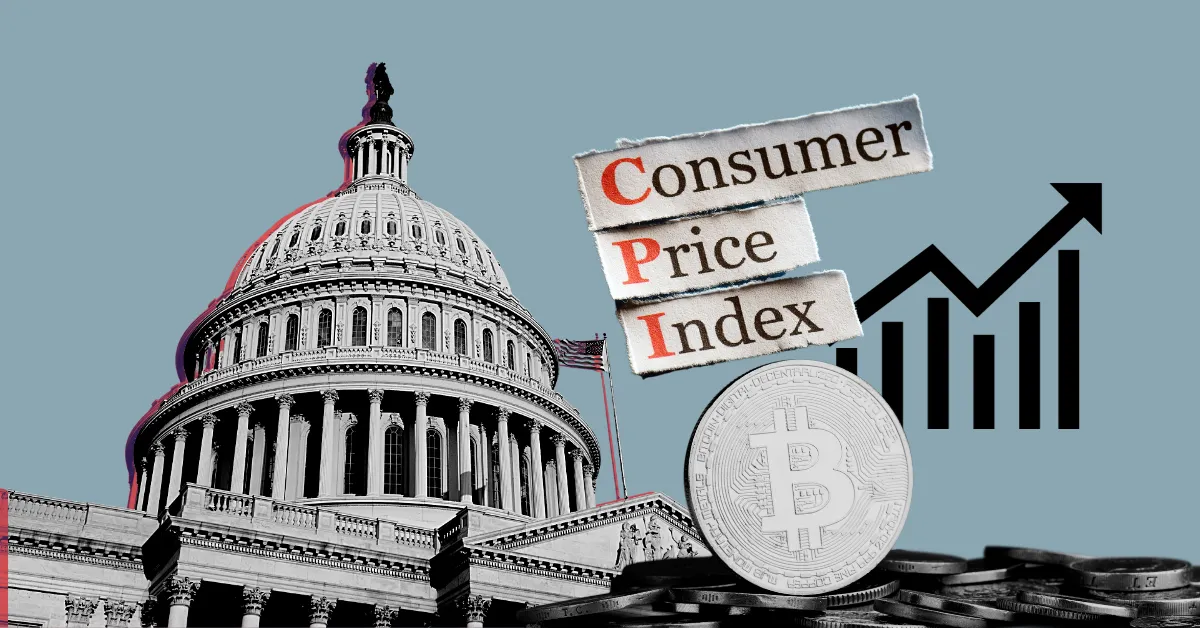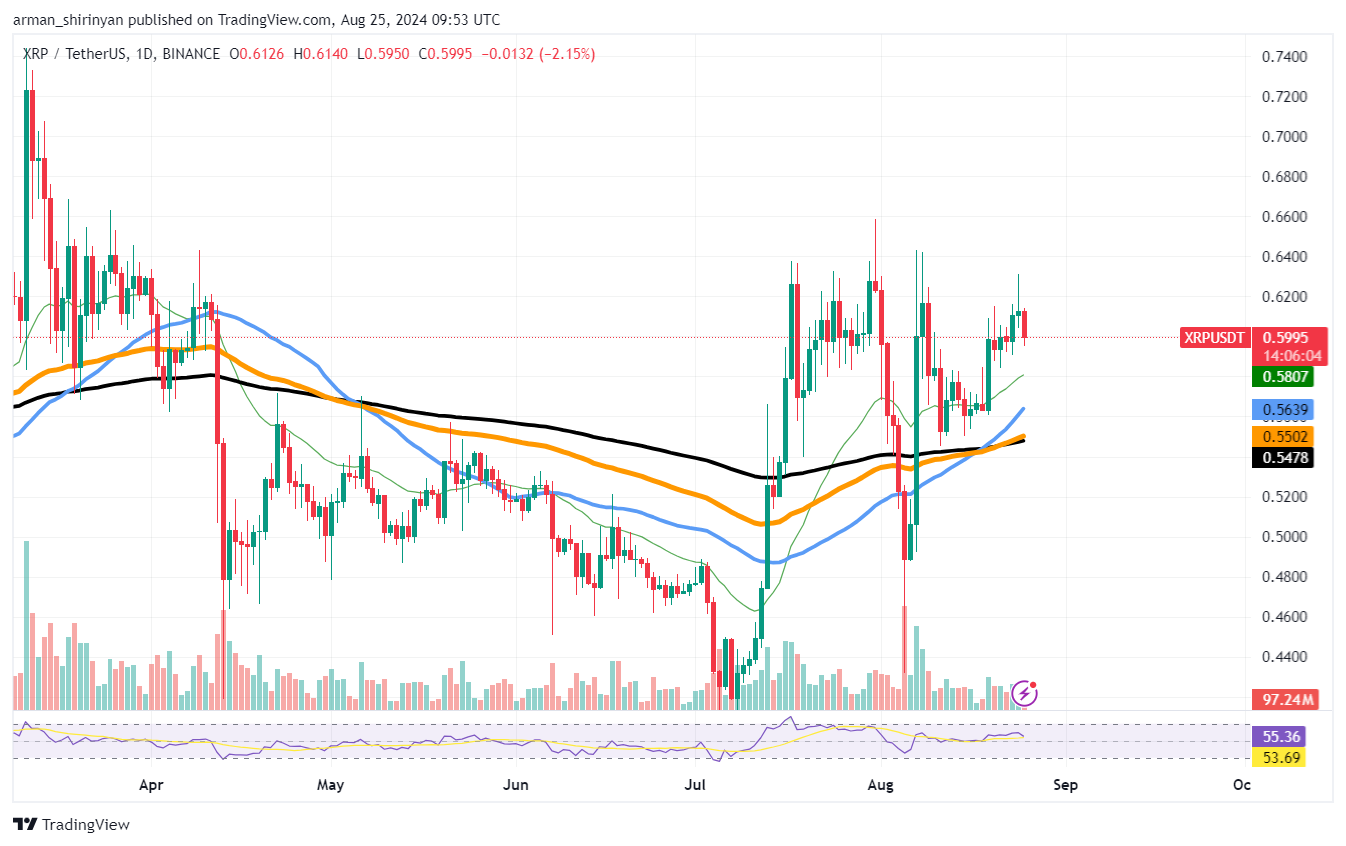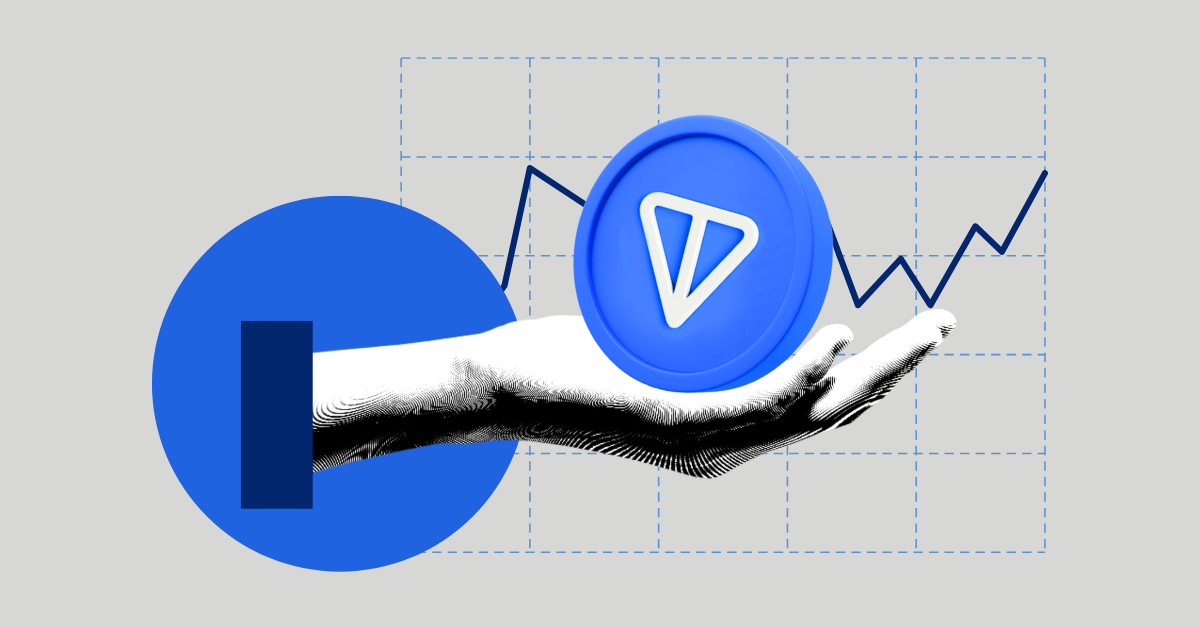The U.S. Consumer Price Index (CPI) has dropped to 3.1%; however, it has significantly surpassed economists’ expectations. This hotter-than-expected inflation rates signals a heated economy, potentially prompting the Federal Reserve to reconsider its monetary policy stance in the coming months. Amidst this economic fervor, Bitcoin is losing its momentum after recently breaking the $50K milestone.
US CPI Comes In Hotter Than Expected
The US Bureau of Labor Statistics (BLS) announced on Tuesday that the annual inflation rate in the US, as indicated by the Consumer Price Index (CPI), decreased to 3.1% in January from 3.4% in December. This figure however exceeded market forecasts, which had anticipated a drop to 2.9%. Additionally, the Core CPI, which omits the fluctuating costs of food and energy, climbed by 3.9% over the same timeframe, equaling the increase seen in December and exceeding the 3.7% prediction by analysts.
January saw a higher-than-anticipated rise in inflation, largely due to continuous high costs for shelter impacting consumers, according to a report from the Labor Department on Tuesday. The Bureau of Labor Statistics indicated that the consumer price index, which measures a wide range of prices for goods and services that consumers pay across the economy, rose by 0.3% during the month.
When excluding the more fluctuating prices of food and energy, the core CPI saw a 0.4% rise in January, reaching a 3.9% increase from the previous year. This acceleration went beyond the anticipated rates of 0.3% for the month and 3.7% for the year.
The announcement had an immediate and stark impact on the stock market, with futures linked to the Dow Jones Industrial Average dropping over 250 points, and yields on Treasury securities sharply increasing.
This data is released at a critical time for the Fed as it aims to find the right equilibrium for monetary policy in 2024. Despite financial markets pushing for significant cuts to interest rates, Federal Reserve officials have adopted a more cautious tone in their statements, suggesting the importance of being guided by actual economic data rather than preconceived expectations.
Federal Reserve officials have been bullish that inflation will return to their 2% yearly goal, largely anticipating a slowdown in shelter costs over the year. However, the rise in January presents a challenge for the central bank, which is considering easing the most restrictive monetary policy stance it has taken in over two decades.
BTC Price Loses The $50K Grip
Following this news, Bitcoin price lost its 2-year high of $50K as it dropped toward the low of $49,200. Higher interest rates make borrowing more expensive, which can cool economic activity and reduce speculative investments, including those in cryptocurrencies like Bitcoin.
Cryptocurrencies are viewed as riskier assets, and in times of economic uncertainty or inflation concerns, investors might shift their portfolios towards safer assets, such as bonds or gold.







